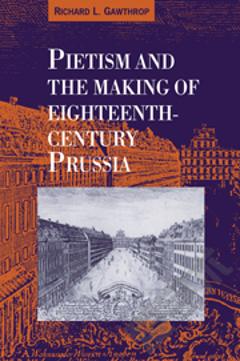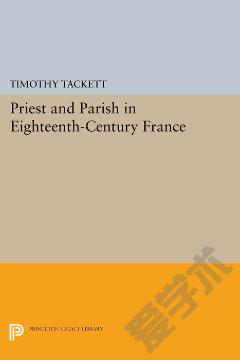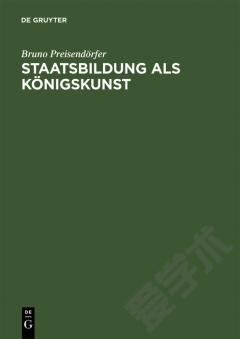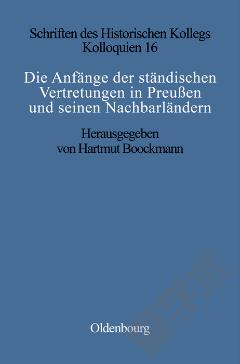Pietism and the Making of Eighteenth-Century Prussia
How did as small and backward a state as Prussia transform itself to compete successfully in war against states with far greater human and financial resources? Richard Gawthrop finds the answer to this perennial question in the creation of a unique political culture, in which service to the Prussian state took precedence over all other relationships and commitments. The campaign to inculcate the new ideology of disciplined energetic obedience to the state authority derived its moral vision and institutional forms from Lutheran Pietism, a German version of ascetic Protestantism strongly influenced by English Puritanism. This work describes systematically how the collaboration between Pietism and the Prussian state not only led to an increase in the latter's power but also laid the cultural basis for the subsequent political modernization of Germany.
{{comment.content}}








 京公网安备 11010802027623号
京公网安备 11010802027623号